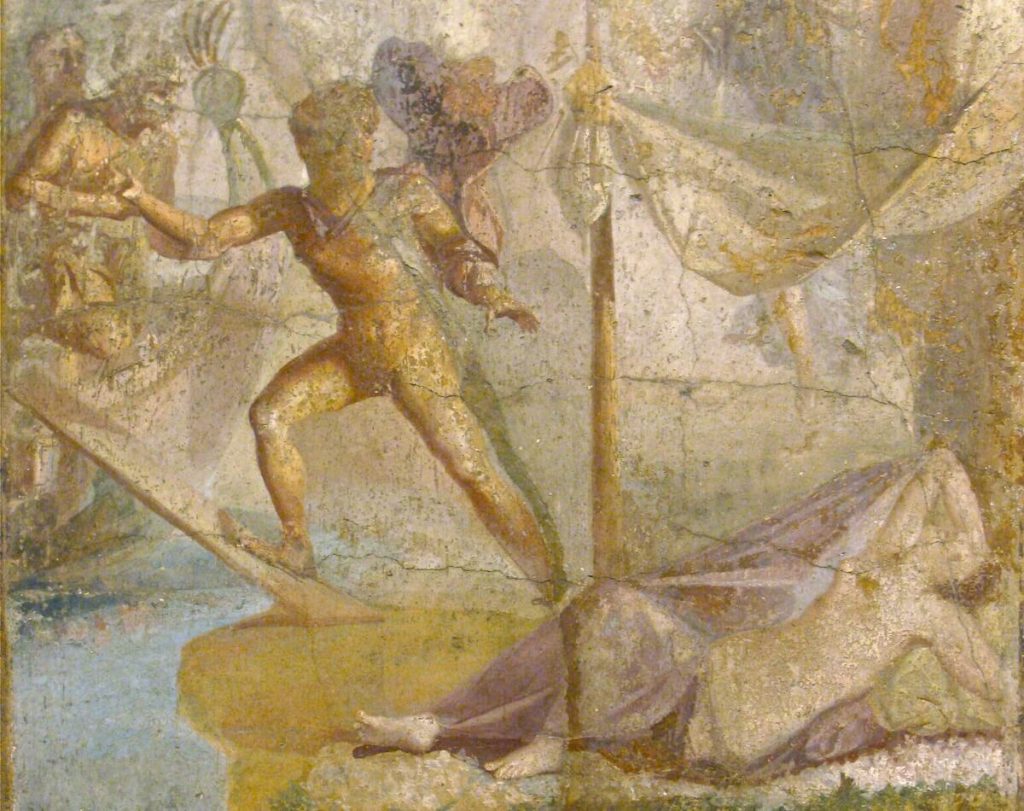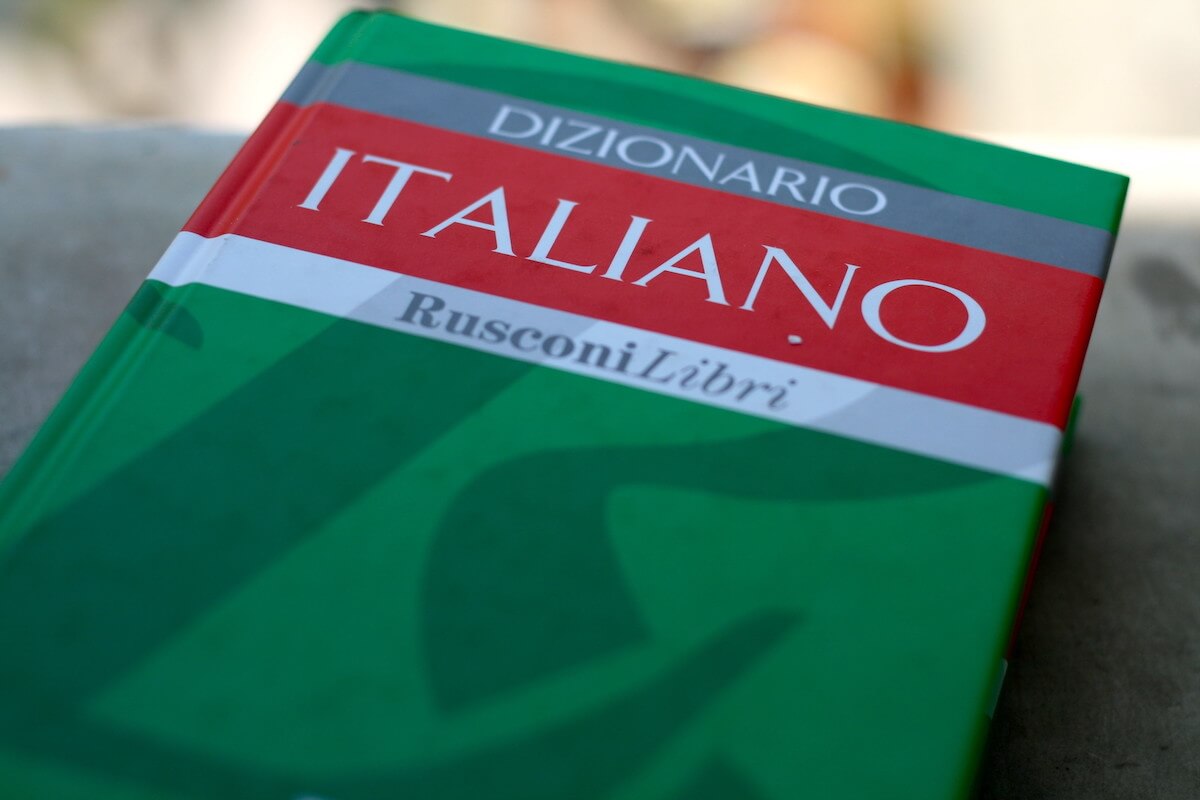THEItalian taste is a wonderful language, full of facets and always in constant evolution. Over the centuries, from Dante Alighieri up to the present day (without counting the various regionalisms), the Italian language filled with clichés and common saying, whose etymology has been lost over time. The peculiarity of the latter is that of being able to explain even very long or complex concepts in a few words. Expressions like "Born with a shirt on","Ditch it" or "Good luck”, Are widely used from North to South of rubber/pvc boots, but few really know its history. Here then is explained theetymology of 7 idioms of the Italian language (with a final bonus).
Etymology of 7 of the most common idioms of the Italian language
Having guts
The meaning of this idiom is simple. In fact, it is used with the meaning of "have courage". It is usually used a lot in the cinema, but not many use it in the spoken language (especially the younger ones). The etymology of this saying is somewhat archaic. In fact, it is necessary to return toAncient Greece. According to the Greeks, in fact, the source of strength, feelings and passion resided in the liver. Precisely for this reason a person who "has guts" is a brave person.
The game is not worth the candle
Synonym of "It's not worth it”(Another expression widely used in Italian). Its meaning is that of "do something whose result is not in proportion to the effort made". The etymology of this saying is traced back to Middle Ages, among the tables of gamblers, who played cards in the evening. As there was still no electricity, they used candles, which could also be revealed very expensive (depending on the social class of the players). So when a match was not particularly convenient, it was "not worth the money spent on the candle".

Good luck
there two schools of thought related to this widespread saying of the Italian language, the meaning of which is "good luck". The first sees the wolf in the traditional negative meaning (in the same way as "go to the wolf's lair"). The answer in this case, to exorcise the danger, would be "you die the wolf". The second instead sees the wolf as protector, as a wolf mother, she takes her puppies with her mouth and takes them to her den to protect them from any danger. In this case, some respond with "long live the wolf".
Born with a shirt on
Still on the subject of luck, "being born with a shirt on"Essentially means"be lucky". According to some meanings, the etymology of this saying is linked to baptism of newborns. Once upon a time, wealthy parents used to dress their little ones in some sort of baptismal gown. The "luck" lies precisely in the fact of being born in one wealthy family, which would have ensured the child a future without major problems. According to other sources, however, this idiom refers to an event that occurs very rarely at birth. In fact, some children (one in 80.000) are still born wrapped in the amniotic sac, or the "shirt". This extremely rare case should indeed be a symbol of luck.
Don't be a saint
This idiom of the Italian language is used to indicate someone who is not exactly "perfect", with questionable virtues. Predictably, the etymology is to be found in the Catholic church. Between relics which are kept in the reliquaries of the churchestibia bone it is one of the largest and therefore immediately catches the eye compared to the other fragments of bones present and is the most recognizable.
Ditch it
This expression refers to someone who was suddenly abandoned. Also in this case it is necessary to go back toAncient Greece, especially the myth of Theseus and Ariadne. After defeating the Minotaur and have come out of the maze of Dedalo thanks to the famous "Ariadne's thread”, Theseus leaves for Athens with companions and the daughter of Minos. On the way, however, the hero abandons the girl on theNaxos island. Hence the term "planting in Naxos", Which later became"give up"(Or leave alone) for linguistic corruption.

Secret of Pulcinella
A "Pulcinella's secret”Is a secret that everyone knows by now, therefore useless. As can be easily understood, the reference here is a Pulcinella, mask symbol of comedy of the Neapolitan art. When a secret was confided to Pulcinella, with the promise not to reveal it to anyone, usually the latter immediately reported it to one of the characters on the scene, who reported it to others and so on, until it became "in the public domain". Therefore "reveal a secret of Pulcinella”Means saying something that everyone is already aware of.
Bonus idioms of the Italian language: At the time when Berta was spinning
This saying is a bit "archaic", but rather curious. It is used to refer to something that happened a long time ago. The "Berta”Protagonist of this saying is Bertrada of Laon, Wife of Pippin the Short king of the Franks, as well as mother of Charlemagne. According to the poem "Li Roumans de Berte aus grans piés"(From the big feet) of Adenet le Roi, after being betrothed to Pippin the Short, the princess of Hungary he was the victim of an exchange of person, with his lady-in-waiting. He took refuge at a woodcutter's house, where he learned the spinner work. Later the exchange was discovered because of her feet (because one was bigger than the other) and in this way the princess was able to marry the king. The expression "at the time when Berta was spinning" has over time become very common throughout Italy. For example, in 1976, Rino Gaetano recorded a single entitled "Berta was spinning".
Cover photo: © Context Travel - Flickr (CC BY-NC-SA 2.0).





